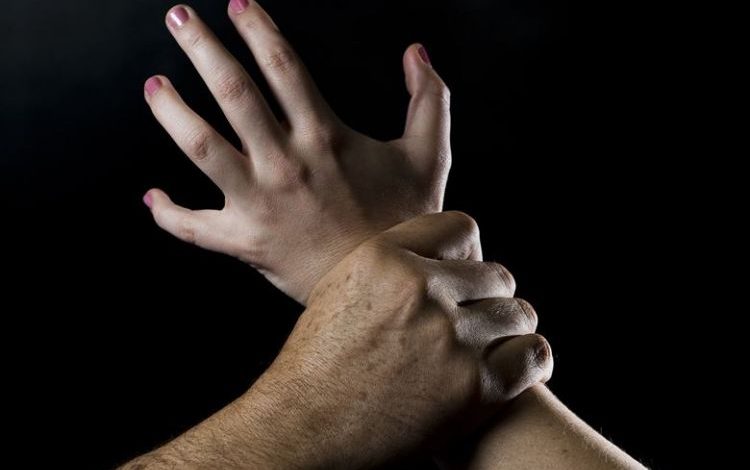
Jordan Daily – A new report called on governments and donors to channel more funds to women’s rights organizations and feminist movements that actively seek to end gender-based violence and provide support to survivors.
The Oxfam report, titled “The Ignored Pandemic: The Dual Crisis of Gender-Based Violence and COVID-19,” pointed out that several governments and donors are not taking enough measures to address this violence, which has recently increased, especially following the COVID-19 breakout.
Coinciding with the launch of the International 16 Days of Activism against Gender-Based Violence on Thursday, the report revealed the number of calls made by survivors to domestic violence hotlines in 10 countries during the first months of lockdown, including Jordan. The data showed a 25–111 percentage surge; in Argentina 25 percent, Colombia 79 percent, Tunisia 43 percent, China 50 percent, Somalia 50 percent, South Africa 69 percent, UK 25 percent, Cyprus 39 percent, Italy 73 percent and the largest increase in Malaysia where calls surged by over 111 percent.
The 16 Days campaign provides an opportunity for governments, donors, and activists to reflect on the emerging issues of inequality that put women and girls at risk and address them urgently, according to the report.
“The COVID-19 pandemic has shown that governments can take extraordinary measures to protect their citizens and respond to deadly crises when spurred to action. We need to see similar levels of alacrity to tackle gender-based violence,” it added.
In many households, COVID-19 created a “perfect storm” of social and personal anxiety, stress, economic pressure, social isolation, including with abusive family members or partners, and rising alcohol and substance use, resulting in increases in domestic abuse, the report said.
The report shows that not enough countries have acted with sufficient seriousness to tackle the GBV pandemic. Even before the surge in GBV cases was sparked by the pandemic, in 2018 alone, over 245 million women and girls were subjected to sexual or physical violence by an intimate partner a greater number than the global total of coronavirus cases (199 million) between October 2020 and October 2021.
Even though 146 UN member states have formally declared their support for action against GBV in their COVID-19 response and recovery plans, only a handful have followed through. Of the $26.7 trillion that governments and donors mobilized to respond to the pandemic in 2020, just 0.0002 percent has gone into combating GBV.
“Girls and women have faced two pandemics over the past year. Gender-based violence is pervasive but it is preventable; addressing violence against women and girls must be part of national recovery plans to avoid losing gains in women’s rights and gender equality made over the past 30 years,” said Oxfam Jordan Country Director Nivedita Monga.
“Oxfam in Jordan is committed to supporting our local partners to end this crisis and to ensure women have equitable legal protections and access to resources. COVID-19 has deepened gender gaps in the economy, and women’s economic insecurity increases their vulnerability to violence at home. Women in Jordan are a potential powerhouse who could reshape the country’s economy; they must be given the opportunities to do so,” Monga noted.
Oxfam urged governments and donors to channel more funding to women’s rights organizations and feminist movements working to end GBV and support survivors. Additionally, more funding should be allocated to better data collection and analysis of gender-disaggregated national statistics to inform evidence-based interventions to end GBV.
Oxfam International Executive Director Gabriela Bucher said: “There is an urgent need for a truly gendered approach in every country’s effort to respond to and recover from COVID-19. Governments and donors need to live up to their commitments to promote gender equality by ensuring investment in all the areas we know could help end GBV. Only by doing so can we strive for a future that is more just, safe, and in which people live free from discrimination.”

